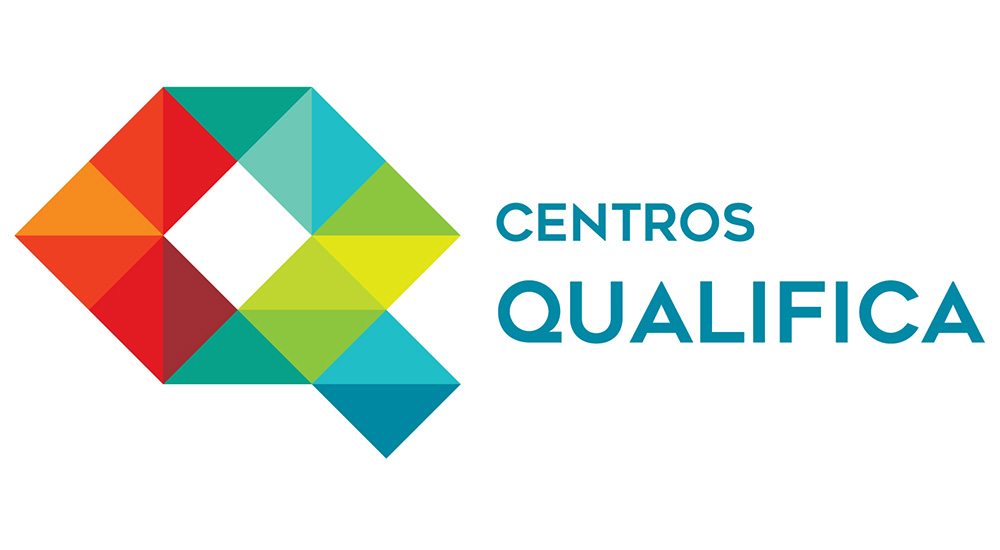The CRESC Algarve2020 operational program will ensure, by the end of 2022, the financing of the 12 Qualifica Centers operating in the region.
This operational program published, this Monday, February 8, a notice to support, until 2022, the activities of these centers.
The public funding for this competition is 4 million euros, with a target of 7.800 people enrolled in the Qualifica Center for a maximum period of 24 months (2021 – 2022). The co-financing rate by the European Social Fund is 80%.
This funding will support actions of information, guidance and referral of young NEETs and adults regarding the different offers of education and training and qualification, as well as actions of information and dissemination of education and training offers with training entities, companies and other employers ;
To this is added the «development of Recognition, Validation and Certification of Skills (RVCC) processes, acquired by adults throughout their lives, through formal, informal and non-formal channels, in terms of school, professional or dual certification, in close articulation with other qualifying training interventions, based on the references of the National Qualifications Catalog (CNQ)" and "partnerships with entities of recognized relevance in the territory for the development of integrated interventions in the identification of qualification needs and organization of training responses ».
With this support, «the effort of the Algarve and the Algarve to reach the goal of having 50% of the active population with secondary education completed» and a «a rate of participation of adults in lifelong learning activities of 15%, expanded to 25% in 2025», says the Algarve's Regional Coordination and Development Commission (CCDR).
The Qualifica Centers aim to increase qualification levels and improve the employability of workers, providing them with skills adjusted to the needs of the labor market, significantly reducing literal and functional illiteracy rates, while also fighting semi-illiteracy and illiteracy.
At the same time, it seeks to “enhance the system, promoting greater investment by young adults in education and training courses” and “correct the country's structural backwardness in terms of schooling in order to achieve greater convergence with the European reality”.


















Comments